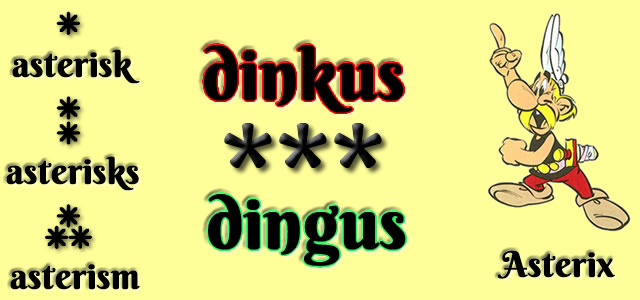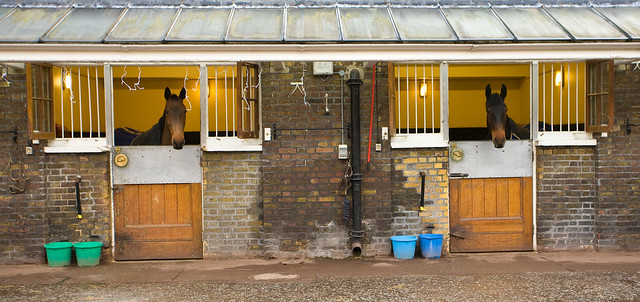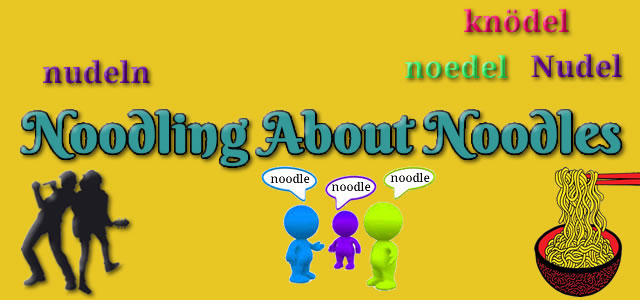Podcast: Play in new window | Download
In this Adventure in Etymology, we find out what links the word antique with words such as eye, window and Antigua.
Antique [ænˈtiːk] can mean:
- An old object perceived as having value because of its aesthetic or historical significance (noun)
- Having existed in ancient times, descended from antiquity; out of date, old (adjective)
- to search or shop for antiques; to make (an object) appear to be an antique in some way (verb)
It comes from French antique (ancient, old), from Latin antīquus (old, ancient, aged, classic, traditional) from Proto-Indo-European *h₂énti-h₃kʷ-o-s (“facing the front, in front of the eye”), from *h₂énti (opposite, near, in front, before) and *h₃ekʷ- (to see, eye) [source].
Words from the same Latin root (antīquus) include antic in English, antik (ancient, antique) in German, and antiguo (old, ancient, vintage) in Spanish [source].
The island of Antigua in the Caribbean also gets its name from the same roots, via Spanish antigua (ancient, old), and was originally named Santa María de la Antigua by Christopher Columbus to honour a mural known as Virgen de la Antigua or Santa María de la Antigua in Seville Cathedral (see below) [source].
Other words from the PIE root *h₂énti (in front, before) include and and words beginning with ante-/ant(i)- such as antechamber and anticlockwise in English, antes (before, earlier, sooner) in Spanish, and anzi (on the contrary, indeed, actually) in Italian [source].
Other words from the PIE root *h₃ekʷ- (to see, eye) include eye, ocular, ogle and window in English, occhio (eye) in Italian, wyneb (face, surface) in Welsh, and oineach (honour, reputation) in Irish [source].
You can also listen to this podcast on: Apple Podcasts, Amazon Music, TuneIn, Podchaser, Podbay or Podtail and other pod places.
If you would like to support this podcast, you can make a donation via PayPal or Patreon, or contribute to Omniglot in other ways.
Radio Omniglot podcasts are brought to you in association with Blubrry Podcast Hosting, a great place to host your podcasts. Get your first month free with the promo code omniglot.
I also write about words, etymology and other language-related topics on the Omniglot Blog, and I explore etymological connections between Celtic languages on the Celtiadur blog.














